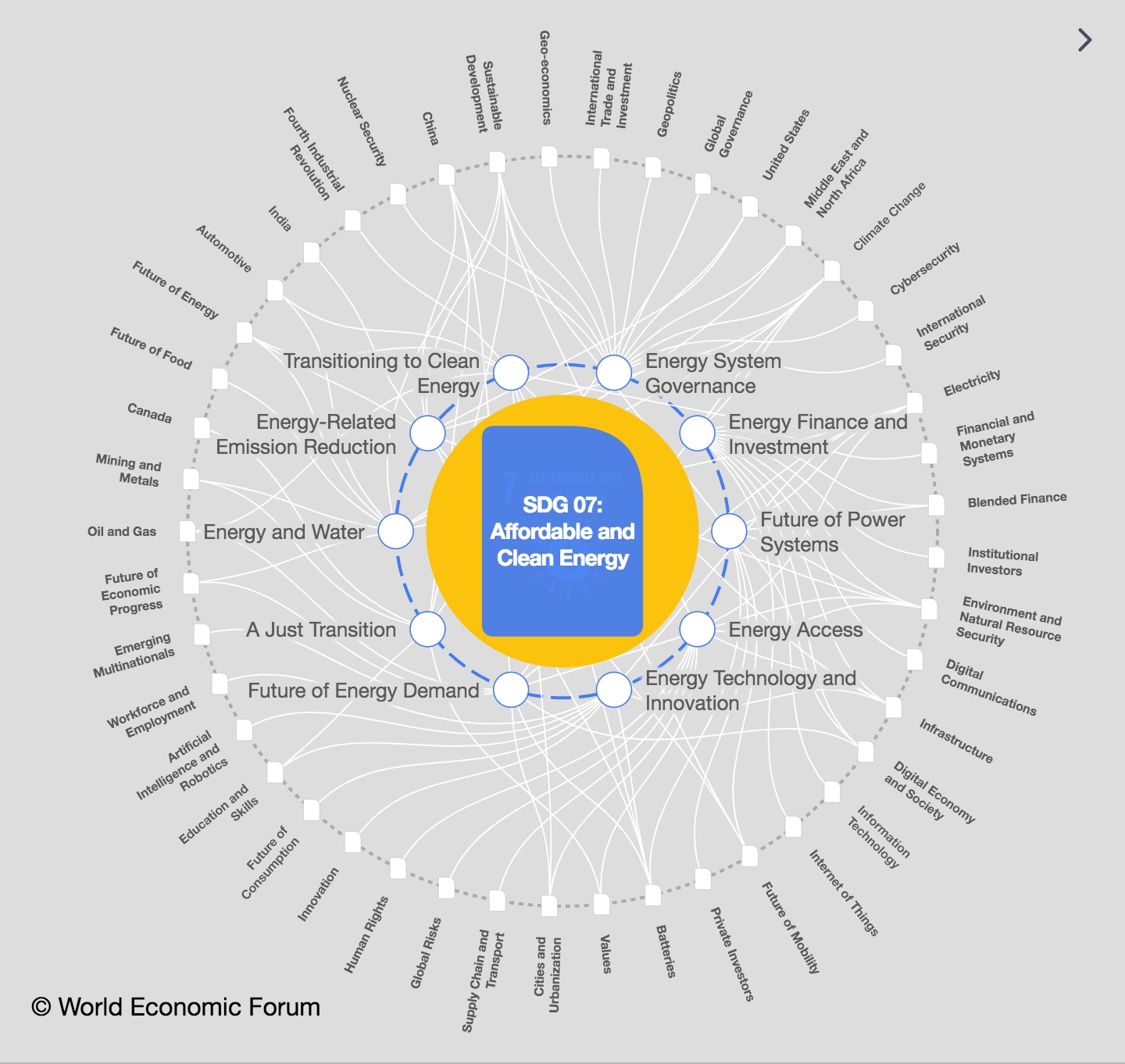You can cut carbon emissions and grow the economy. Proof from the EU

The European Union announced falling carbon emissions and rising GDP in the final quarter of 2022. Image: Pexels/Marcin Jozwiak
- The EU has set a target of reducing its greenhouse gas emissions by 55% by 2030.
- The region has already made significant progress in reducing its carbon emissions, with a 23% reduction since 1990.
- Renewable energy sources, such as solar and wind, now account for 20% of the EU's electricity generation. Energy efficiency measures have also helped to reduce the EU's energy consumption.
- The bloc's experience shows that it is possible to achieve ambitious climate goals without sacrificing economic growth.
The European Union (EU) has announced that its carbon emissions significantly declined in the final fiscal quarter of 2022, even as its gross domestic product (GDP) grew. Emissions fell by 4% year-over-year, while GDP increased by 1.5% during the same period.
This is a major milestone for the trading bloc, which has looked to balance economic growth with its aggressive plan to transition to renewable energy sources.
Greenhouse gas emissions fell in 23 of the 27 EU member states, with only Denmark, Ireland, Latvia, and Malta seeing increases. The Netherlands, Slovakia, and Slovenia posted the biggest drops in emissions while also managing to boost GDP.
Emissions declined across all EU industry categories except services, mining, and transportation. The largest decline was in electricity, gas, and steam, buoyed by a concerted effort to reduce reliance on Russian gas, as well as unseasonably mild weather.
What's the World Economic Forum doing about the transition to clean energy?
Europe’s renewable energy transition: by the digits
55%: Minimum cut in carbon emissions the EU is targeting by the end of the decade. That figure, announced last month as part of its 2030 Climate Target Plan, is much higher than the previous target of 40%.
32%: Share of European electricity created by renewable energy sources (hydro, wind, and solar) in 2021. Fossil fuels produced 36% of the total that year.
600 gigawatts: EU goal for new solar panel production by 2030. Solar is the fastest-growing energy source in Europe.
300 gigawatts: EU goal for new offshore wind energy production by 2050. Offshore wind turbines currently generate 15% of Europe’s electricity.
2035: Deadline for all new EU-manufactured cars to be emissions-free.
2050: Deadline for Europe to become a “climate-neutral continent.”
Have you read?
How much do investors care about carbon emissions? A new study sheds light
EU renewable energy deal delayed on role of nuclear in transition: What you need to know about the global energy transition this week
These 4 charts show how solar energy is becoming a game-changer in the fight against climate change
Don't miss any update on this topic
Create a free account and access your personalized content collection with our latest publications and analyses.
License and Republishing
World Economic Forum articles may be republished in accordance with the Creative Commons Attribution-NonCommercial-NoDerivatives 4.0 International Public License, and in accordance with our Terms of Use.
The views expressed in this article are those of the author alone and not the World Economic Forum.
Stay up to date:
SDG 07: Affordable and Clean Energy
Related topics:
Forum Stories newsletter
Bringing you weekly curated insights and analysis on the global issues that matter.
More on Energy TransitionSee all
Roberto Bocca
November 17, 2025







